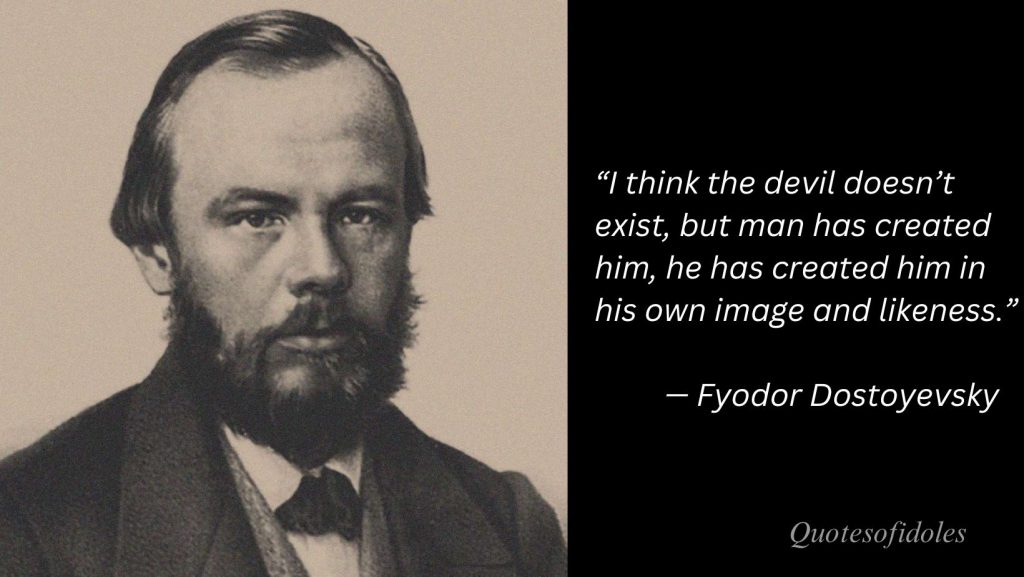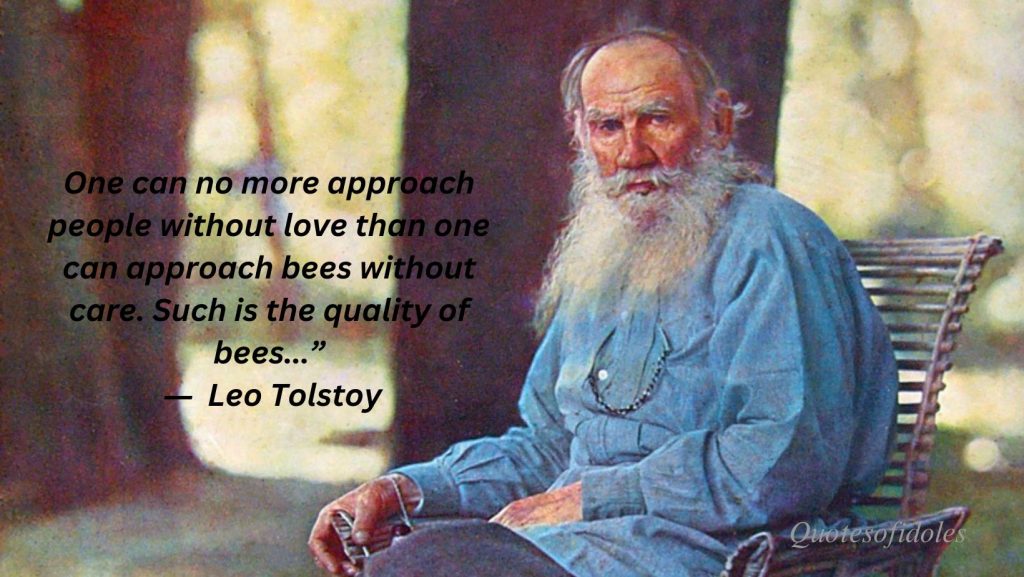Abu al-Qasim al-Qushayri, a Persian Sufi scholar from the 10th and 11th centuries, is renowned for his seminal work “Risala Qushayriyya.” This text, also known as “al-Risala al-Qushayriyya,” serves as a comprehensive guide to Sufism, covering doctrines, spiritual practices, and ethical principles. Al-Qushayri was a leading figure in the Sufi tradition, belonging to the Qushayriyya order, and was deeply influenced by earlier Sufi masters. Beyond his scholarly endeavors, he served as a spiritual guide, mentoring numerous disciples on the path of Sufism. His teachings emphasized sincerity, devotion, and the attainment of mystical realization. Al-Qushayri’s profound insights into the nature of spiritual experience continue to inspire seekers of divine knowledge and inner illumination. Through his enduring work and teachings, he has left an indelible mark on the tradition of Islamic mysticism, enriching the spiritual heritage of Islam for generations to come.
Abul Qasim Qushairi Quotes
01. “According to the Sufis Marifat is the attitude of the man who acknowledges God in His Names and Attributes, who is sincere in his actions, who frees himself from the blameworthy traits of character and from weaknesses and lets his heart dwell with God.”
— Abul Qasim Qushairi
02. “When Sufi becomes alien to creatures, free from the frailties of self; when in his innermost being he is in continuous communion with God, and at each moment truly comes back to God, when he has knowledge of God by receiving His secrets concerning the operating of His decrees; then he will be called Aarif and his condition will be called Marifat.”
— Abul Qasim Qushairi
03. “Sufism has two sides: ecstasy (Wajd) and visions (dumb). Visions belong to novices and the expression of such visions is delirium. Ecstasy belongs to adepts, and the expression of ecstasy, while it continues, is impossible.”
— Abul Qasim Qushairi
04. “The Divine revelation which comes to those who are waiting in expectation for it, comes like flashes of lightning, then like rays of light and then the light in its full splendor.”
— Abul Qasim Qushairi
05. “Hope is the vision of God in His perfect Beauty.”
— Abul Qasim Qushairi
06. “Love is the effacement of the lover’s attributes and the establishment of the Beloved’s Essence.”
— Abul Qasim Qushairi
07. “Hope and fear are like the two wings of a bird, when it is flying straight to its destination; if one wing fails its flight fails and if both fails, it dies.”
— Abul Qasim Qushairi
08. “Sufi is like the disease called Bisram, which begins with delirium and ends in silence; for when you have attained ‘fixity’ you are dumb.”
— Abul Qasim Qushairi
09. “Gratitude is the vision of the Giver, not of the gift—it comes from God Himself.”
— Abul Qasim Qushairi








